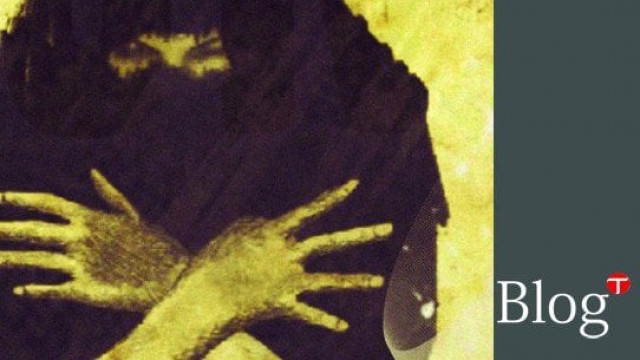Tayyaba — now the fight for justice
The recovery of 10-year-old Tayyaba from a location close to Islamabad on Sunday 8th January is a welcome development

STOCK IMAGE
The recovery of this child was the easy part. The real difficulty will come with attempts to determine who tortured her and have them prosecuted and punished. It will be recalled that were it not the intervention of the Supreme Court which took suo-motu notice of the case it would have sunk from view. Those accused of treating Tayyaba so appallingly are not nobodies. One is district and sessions judge Raja Khurram Ali and it is his wife that is alleged to have committed the offences. Both are said to be ‘well connected’ and in a country where the well-connected can expect the culture of impunity to protect them they will perhaps be surprised at this turn of events.
At the initial hearing of the case in a lower court a ‘compromise’ was reached with the accused, and the child’s father was said to have ‘forgiven’ her assailant(s). Ordinarily that would have been the end of the matter. The child was returned to her family and the accused would walk away in due course. Therein lies the need for substantial legal reform. It should not be possible in the 21st century for a case such as this — and Tayyaba is not alone in being abused by her employers — to be allowed to pass uninvestigated, the abusers able to effectively negotiate their way out of a trial and potential sentence.
The family of the child ‘sold’ her in the first place, presumably out of poverty, again not an uncommon arrangement. Children thus given into what amounts to indentured unregulated labour have no rights, are invisible to any agency that might seek to protect them or monitor their health and welfare and form a substrate of domestic servitude populated entirely by children. Reports of children being abused in these circumstances surface frequently enough to assert with confidence that the abuse of children in domestic service is spread nationally, and has been for generations. That there is a paucity of child protection legislation on the statute books speaks ill of successive governments, including the incumbency.

If those accused of torturing Tayyaba are found to be guilty then they must be punished with the full force of the law. There must be no ‘get out deals’, no special pleadings. The case must become the exemplar, the template for other cases and a foundation stone for the creation of a supportive net of child protection legislation. It is for the state to pick up the baton, because if the state cannot make a commitment to protecting its children then what confidence may a citizen have in the state discharging its other duties to the individual in a competent manner?
This child was born into poverty and sold into a modern form of slavery. Her parents did what many others are forced by circumstance to do. They are poor and powerless, not ‘well connected’ and though they have at best exhibited poor judgment they should not be punished. Being poor is not a crime. Abusing children is. The Supreme Court is currently in loco-parentis of Tayyaba, to whom we wish a happier, safer — future.
Published in The Express Tribune, January 10th, 2017.
Like Opinion & Editorial on Facebook, follow @ETOpEd on Twitter to receive all updates on all our daily pieces.















COMMENTS
Comments are moderated and generally will be posted if they are on-topic and not abusive.
For more information, please see our Comments FAQ